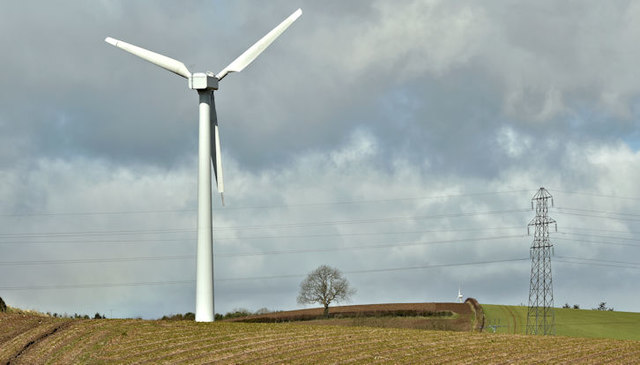Ireland remains near bottom of class in climate action

December 10th, 2019
Ireland has been singled out as one of the worst-performing countries in Europe in tackling the climate crisis for the third year in a row.
Launched this morning at COP 25 in Madrid, the 2020 Climate Change Performance Index indicates that Ireland still ranks among some of the less climate-friendly countries in Europe.
Although the report indicates that we have improved slightly in the areas of renewables, governance, and commitment to stronger EU-wide emissions targets, we still ranked 41 out of 57 countries examined in the study.
Together, the 57 nations account for over 90 per cent of global greenhouse gas emissions, the joint-report from Germanwatch, the NewClimate Institute and Climate Action Network found.
The Index ranks countries based on emissions levels, renewable energy take-up, energy use, and climate policy. The top three spots are still unoccupied as none of the countries examined are on a well below 2°C pathway in their overall performance.
For the third year running, Ireland remains mired toward the bottom of the Index. Our per capita emissions, the index states, remain at a “relatively high level”, leaving the State with “significant challenges” to meet our 2030 and 2050 targets.

Irish performance
On a positive note, the Index points to our support for an EU net-zero target by 2050 and our support for a higher 2030 target.
In addition, the Index states that governance proposals in the Climate Action Plan, including plans for a legally binding 2050 target and five-year carbon budgets, are “positive” policy moves if enacted without delay.
Due to our increasing share of renewable energy, Ireland is rated high in the energy sector of the Index. Ireland has also improved in the energy use category, the index finds, although progress in other areas is lacking.
“National experts criticise the significant lack of progress in decarbonising key parts of the economy, mainly in agriculture, road transport and the residential sector, and highlight that renewable support schemes are insufficient and also slow to progress,” the Index states.
The CCPI added that Ireland’s near-term ambition ”needs to be ratcheted up quickly by specifying deep cuts in fossil fuel and reactive nitrogen usage to put Ireland on a net-zero emissions pathway aligned with the Paris temperature goals”.
The overall finding in the Index shows that Ireland is “making all the wrong policy and investment decisions”, according to An Taisce’s Ian Lumley.
“When it comes to concrete action across all key greenhouse gas emission impact sectors, from energy and transport to agriculture, we are on a multiple trajectory to failure,” added Mr Lumley, speaking from COP25 in Madrid.
Also speaking from Madrid, Christian Aid’s Policy Jennifer Higgins, said that our slight improvements over the past 12 months “is not something to celebrate” as we still sit at the” bottom of the EU pack on climate action”.
“Being ranked a low performer is a clear signal that current plans and policies continue to be inadequate to deal with the climate crisis, and they fail to put us on a pathway consistent with a sustainable future for developing as well as developed countries,” she added.

The rest of the pack
The EU ranks 22nd, dropping six places compared to last year, mostly due to its weak domestic and international climate policy performance.
With comparably good ratings in emissions and renewables, Sweden (4) leads the way, closely followed by other European countries including Denmark (5), the UK (7), and Lithuania (8).
Morocco (6) and India (9) were also in the top 10 due to high ambitions in renewables and the implementation of more rigorous emissions targets.
Poland replaces Ireland to become the worst-performing EU country due to its increase in emissions and low investments in renewables. The US ranked last following its decision to withdraw from the Paris Agreement.
The report states, however, that none of the other 56 countries are doing enough to achieve the Paris Agreement goal to limit global temperature rise to well below 2°C.
[x_author title=”About the Author”]







